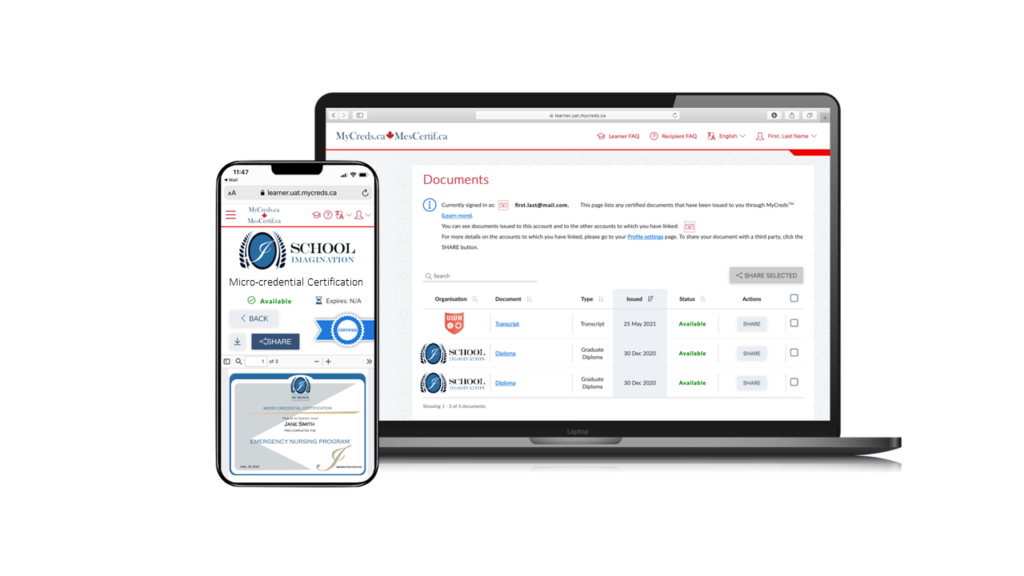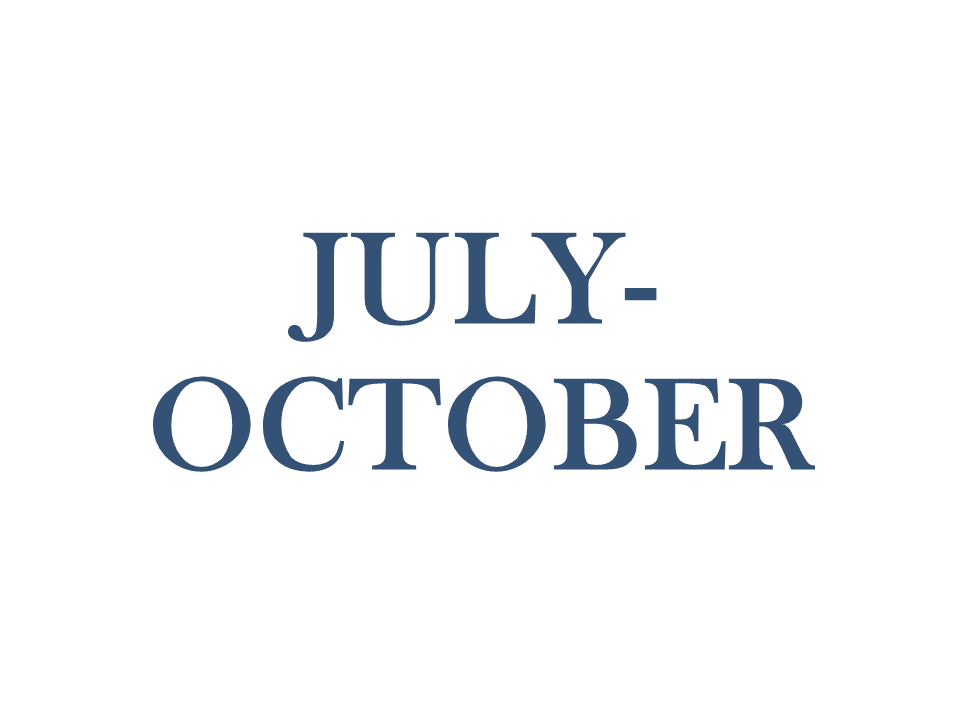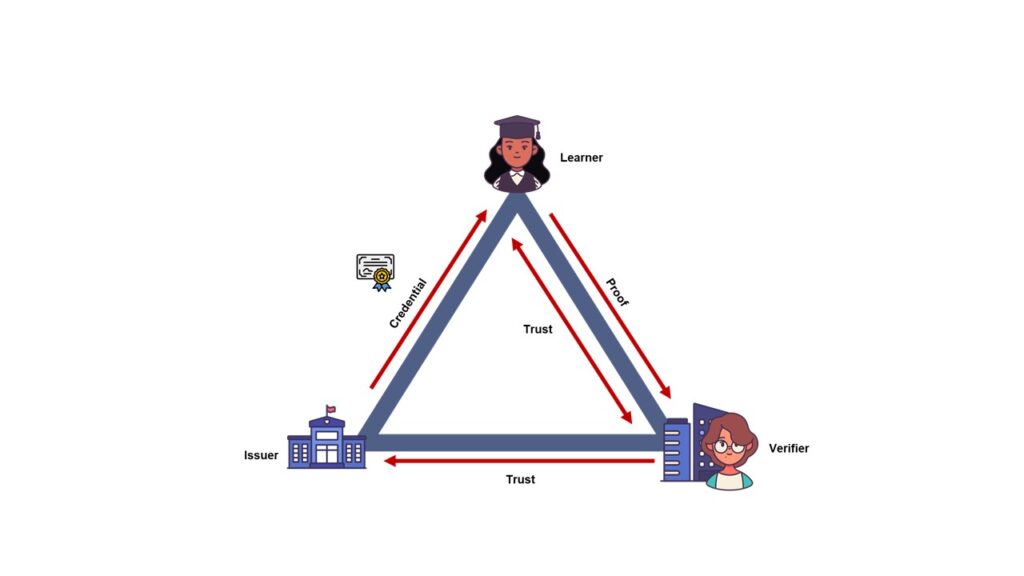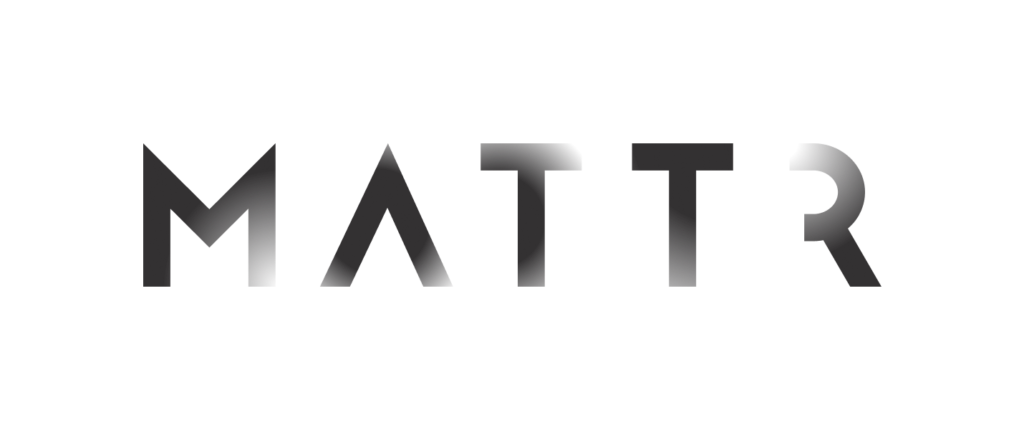Micro-credentials Virtual Skills Passport Pilot Project for publicly-assisted Ontario colleges, universities and Indigenous Institutes.
The Association of Registrars of the Universities and Colleges of Canada (ARUCC) is pleased to support the micro-credentials Virtual Skills Passport Pilot Project. Through this initiative, support is available to help Ontario’s publicly-assisted post-secondary institutions adopt or expand their use of ARUCC’s MyCreds™ platform to issue digital micro-credentials and contribute to community data open standards consultations.














